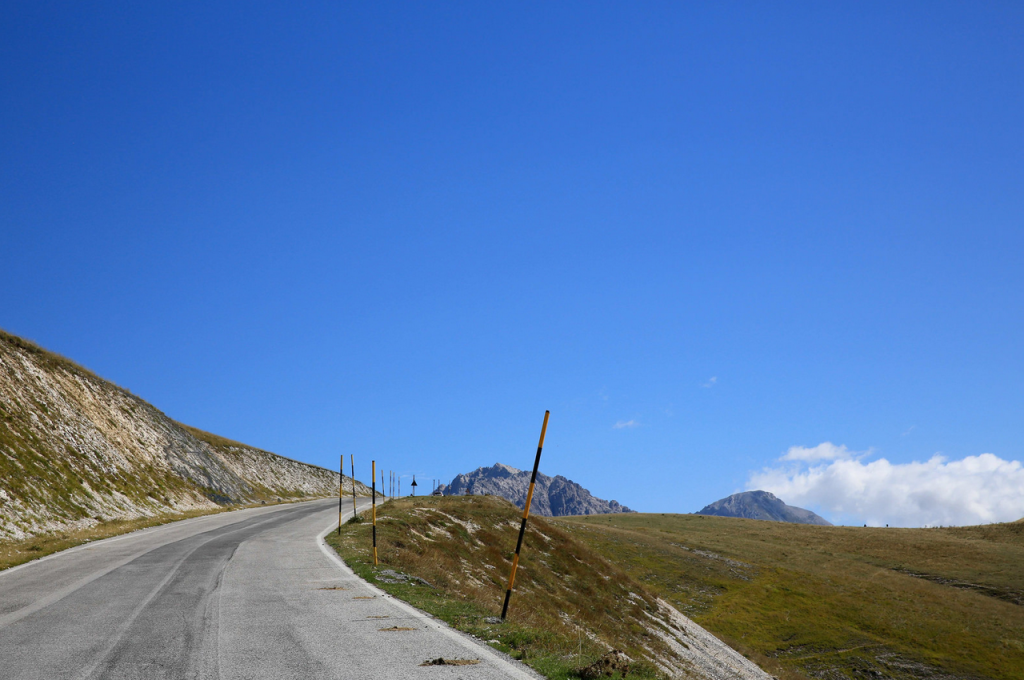
You take the low road

But in this tight race, and with the aftermath of the Referendum still raw, how well the SNP does has a direct impact both on which party ends up with the most seats and on what deals may have to be done to form a Government. It was the uncertainty of what may come after the election that the Tories chose to place centre-stage this week as they pushed the message that Ed Miliband would ‘stab Britain in the back like he stabbed his brother in the back’. The question of Miliband’s character – and what his race against David tells us about him as a person – is one that undoubtedly troubles people when it comes to the Labour leader. He frequently elicits the description ‘weird’ in focus groups run by the likes of Lord Ashcroft and the Conservative Party hopes that by using policy issues to tangentially reignite the controversy over his supposed fratricide they can place his personality front and centre in people’s minds when they’re in the polling booth. In this case, the policy supposedly under the spotlight was Trident. Ed Miliband will do anything (even ruining his brother’s life) to get into power, so of course he will cave in to the SNP’s disarmament demands if that means he can be Prime Minister.
That was the line. Never mind that it is abject nonsense – the Conservatives have managed five years in Government with an anti-Trident party and, whatever happens, there will be a majority in favour of a unilateral deterrent on May 8th – it keeps Ed in play. This has long been Lynton Crosby’s strategy. A simple message of economic growth accompanied by a relentless focus on the personal weaknesses of the Labour Leader is what is supposed to deliver at least the status quo for the Tories. But Crosby learned his trade in Australia – where people are legally compelled to vote – and such a relentlessly negative campaign risks backfiring in Britain, particularly in such a tight and multi-party election. Tory incumbents fighting for their lives are becoming restless, desperate for something more positive and inspiring to offer on the doorstep. They have been reassured, time and again, by Crosby and Tory Chair Grant Shapps that there will be a narrowing of the polls as the election approaches and voters realise that Ed Miliband is a real prospect for Prime Minister. That may yet happen, of course, but this week’s polls hint at the reverse – with Labour opening a lead of as much as six points. Bearing in mind the Tories need to be at least seven points ahead just to rest even, this is not where Cameron needs to be if he is to have any prospect of remaining Conservative Leader, let alone continuing as Prime Minister.Today’s front pages are dominated by stories about Ed Miliband’s love-life a decade ago. Yesterday’s news was all about his relationship with his brother. And the Conservative Party hopes that these blatantly personal attacks will win over swing voters – people who can’t bring themselves to really love the Tories, but can’t bring themselves to allow Ed into Number 10 either. Meanwhile the Labour Party has doggedly ploughed on with policy announcements – including this week’s pledge to abolish non-domiciled tax status. Never mind that the policy isn’t quite as bold as claimed. And never mind that Ed Balls has previously suggested that such a move would be fiscally neutral or perhaps even loss-making. It is overwhelmingly popular (including, interestingly, amongst Tory voters). This may not be a pretty policy, but it is one that plays well on the doorstep and represents a genuinely positive offer to voters.
The Labour Party seems serious about taking the ‘high road’ of a policy-based fight (give or take a few low blows about public spending and the NHS). Meanwhile, the Conservative Party is mixing personal attacks with desperate pleas to Ukippers to lend their votes in what might be termed a ‘low road’ strategy – conceived and delivered by Aussie bruiser Lynton Crosby. Obviously we don’t know which will win outright when it comes to the final crunch. But on the evidence of this week’s showing, Labour’s high road looks rather more likely to lead to Downing Street – in spite of, rather than via, Scotland.